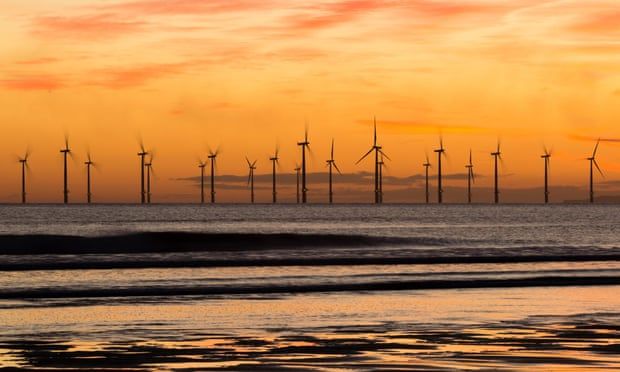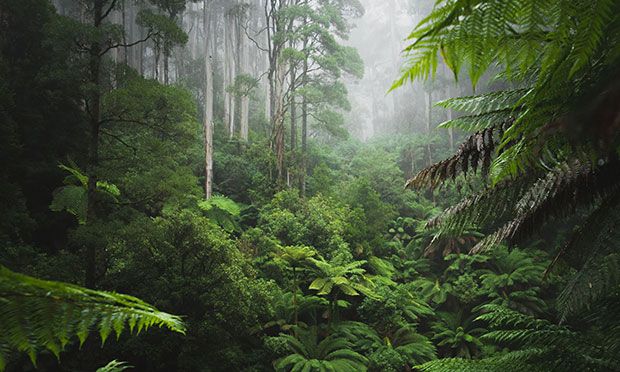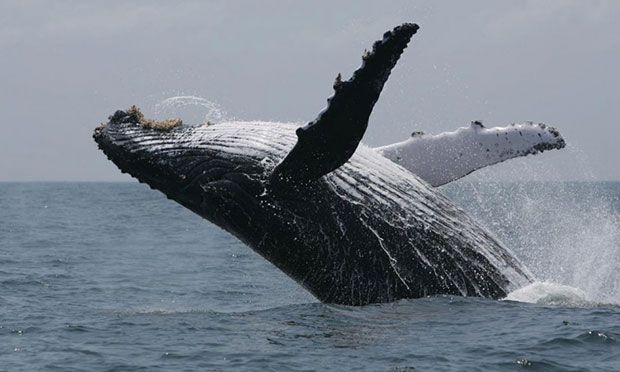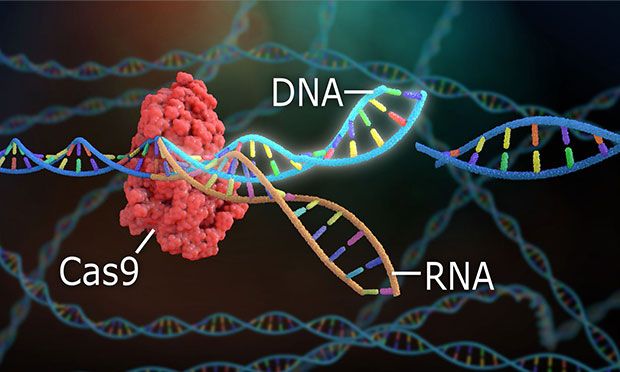
7 Big achievements of 2019
Share this story!
2019 has seen some major strides forward for humanity. Lets take a look at some of the most noteworthy breakthroughs we have made over the last 12 months.
1. Renewable energy overtook fossil fuels

In 2019, the UK hit a major energy milestone: between July and September, renewable power sources produced more electricity than fossil fuels did for the first time. During those three months, renewables produced an estimated 29.5 terawatt hours (TWh) of electricity, compared to 29.1TWh produced by fossil fuels, according to Carbon Brief. Wind power, in particular, has improved this year: the world’s largest offshore windfarm, Hornsea One, in Yorkshire, began generating power in February. Meanwhile World Wildlife Fund (WWF) Scotland revealed in July that Scottish wind turbines produced enough electricity to power 4.47m homes.
2. Children born today have the best chance of growing up healthy, safe and educated

There are now 4.4m fewer child deaths per year than in 2000, according to charity Save The Children’s Global Childhood Report 2019. The research found that children born today have a better chance than at any time in history of growing up healthy, educated and protected. There are now 115 million fewer children out of school than at the turn of the century, and 94 million fewer child labourers.
Figures from the World Health Organization (WHO) also reveal that child-killing diseases have significantly declined since 2000. Measles, for example, declined 86 per cent and there was also an 82 per cent decrease in the incidence of tetanus.
3. The UK began to adopt more participatory democracy

Citizens’ assemblies were hosted by devolved governments in Scotland and Wales for the first time in 2019. Some councils in England also hosted their first citizens’ assemblies, in which randomly chosen members of the public come together to discuss specific issues. The Welsh assembly hosted its first such event in July. “People recognise that a new form of democracy and a new form of politics is needed to tackle some of the complex and challenging questions that we face today,” said Tim Hughes, director of Involve, a charity that campaigns for public participation.
The first citizens’ assembly organised by Westminster is due to take place from January 2020. The Climate Assembly UK will comprise 100 people selected to represent the UK population, and make recommendations about what the country should do to reach net zero carbon emissions by 2050.
4. Costa Rica doubled its forest cover

Following decades of deforestation, Costa Rica has doubled its forest cover in the last 30 years. Half of the country’s land surface is now covered with trees, creating a huge carbon sink and a big draw for tourists. Historically, more than 75 per cent of Costa Rica was covered in tropical rainforests and other indigenous woodland. But extensive logging meant that by 1983, only 26 per cent of the country still had forest cover.
5. The world’s first malaria vaccine was launched

A vaccine for malaria called RTS,S was rolled out in three African countries – Malawi, Ghana and Kenya – this year. Earlier trials found the vaccine prevented 40 percent of cases of malaria in infants, the best recorded. Under the Malaria Vaccine Implementation Programme, which is backed by the WHO, 360,000 children per year across the three countries will receive the immunization.
According to the WHO’s latest World Malaria Report, cases of the disease declined by 3 million between 2017 and 2018.
6. Southwest Atlantic humpback whales have returned from the brink of extinction

In the late 1920s, humpback whales in the southwest Atlantic became so rare that whaling ships could only find and catch a few dozen individuals per year. It was estimated that some 27,000 humpbacks frequented the southwest Atlantic at the start of the 20th century, but due to intensive commercial whaling, those numbers dwindled to just a few hundred within 30 years’ time.
Flash forward to 2019, surveys show there are now just short of 25,000 individuals in the southwest Atlantic – more than 90% of the pre-exploitation level. The astounding comeback from the brink of extinction gives us all the more reason to support a proposed marine sanctuary for humpbacks in the Pacific Ocean.
7. The new CRISPR

Scientists have developed a gene-editing tool that could one day correct 89 percent of the genetic mutations that cause inherited diseases, such as cystic fibrosis and sickle cell anemia. The most popular existing gene-editing approach, CRISPR-Cas9, uses "molecular scissors" to locate faulty genetic code, then cuts both strands of the DNA double helix and splices in a new section of code. Though cheap and fast, this process often damages nearby code or inserts the new material in the wrong place. The new technology, known as prime editing, cuts only one strand of the double helix — minimizing the risk of unintended changes.
By becoming a premium supporter, you help in the creation and sharing of fact-based optimistic news all over the world.


